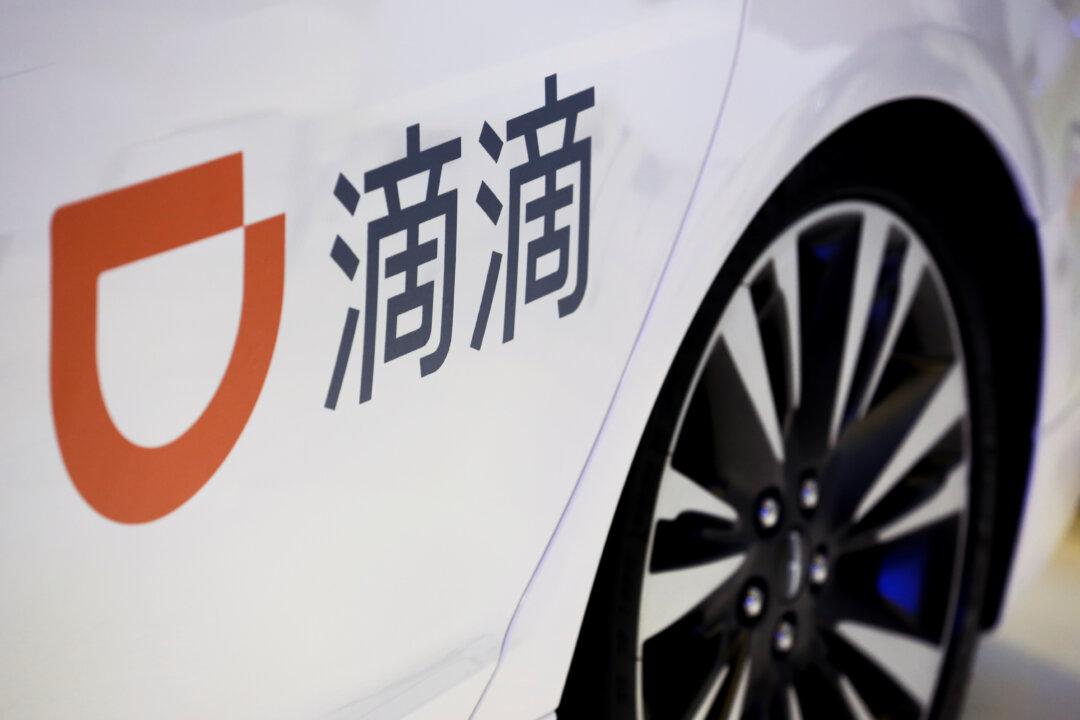BEIJING—Chinese authorities announced a broad crackdown on China’s ride-hailing industry on Nov. 28, targeting market-leader Didi Chuxing with fines following the deaths of two passengers in separate incidents earlier this year.
Didi has violated multiple safety rules, presenting a “major safety hazard,” including failing to properly flag high-risk drivers and improperly handling deposits, China’s Ministry of Transport said in a notice on an official social media account.





